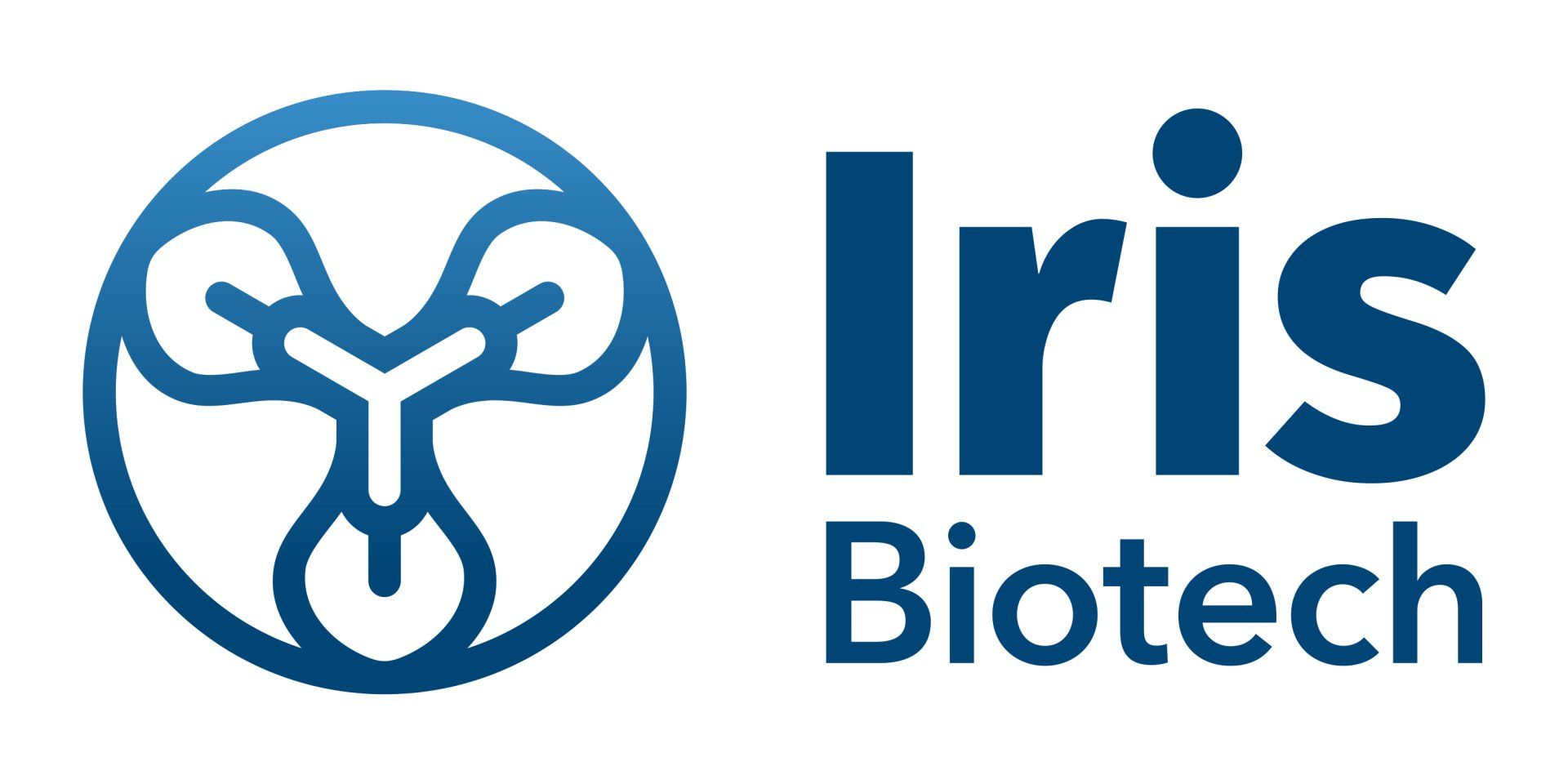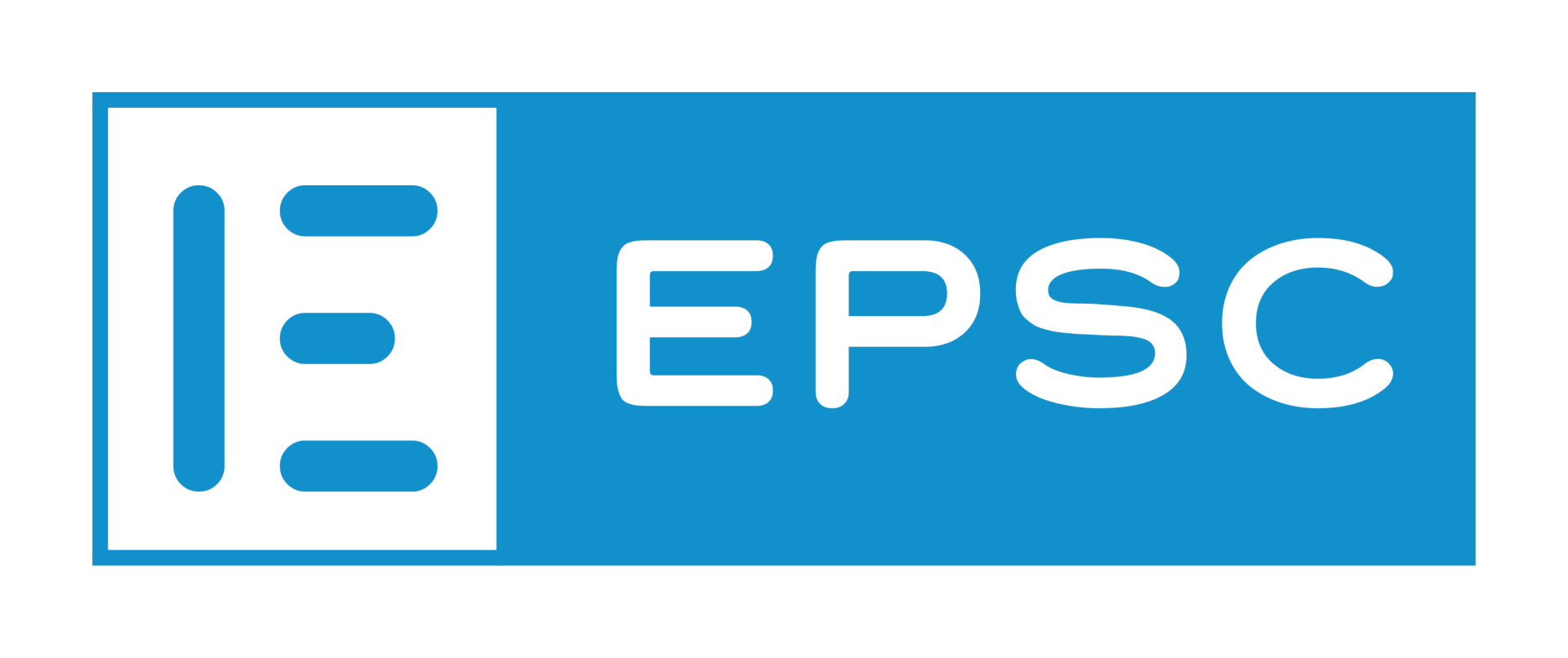
Slide title
Write your caption hereButton
Slide title
Write your caption hereButton
Slide title
Write your caption hereButton
Slide title
Write your caption hereButton

Slide title
Write your caption hereButton
Slide title
Write your caption hereButton
Slide title
Write your caption hereButton
Slide title
Write your caption hereButton

Slide title
Write your caption hereButton
Slide title
Write your caption hereButton
Slide title
Write your caption hereButton
Slide title
Write your caption hereButton

Aline F. Miller
Professor
University of Manchester
UK
Aline Miller is Professor of Biomolecular Engineering in the School of Chemical Engineering and Associate Dean for Business Engagement and Innovation at the University of Manchester. Here she has won several awards, including The Royal Society of Chemistry MacroGroup UK Young Researchers Medal, The Institute of Physics, Polymer Physics Group Young Researchers Lecture Award and the Philip Leverhulme Prize for Engineering for her work on self-assembling peptide materials. In this area she has published over 100 refereed papers, authored 5 patents and has won > £8M from research councils, EU, charities and industry to support her research group. Some of her work is now being commercialised through Manchester BIOGEL Ltd; a Start-Up she co-founded in 2014 which licences IP and know-how from the University. Over the past two years, under her leadership as CEO, the company has raised £4M in investment from Venture Capital, Private and Catapult Venture Funds, grown from 1 to 9 full time staff, won 2 Innovate grants, initiated 11 CASE PhD studentships across the UK & Ireland, launched 5 new products and doubled its financial revenues over the past three financial years.
L08 - Engineering Peptide Based Materials for Regenerative Medicine; from lab to commercialization
Over the past two decades, significant effort has been made to develop soft materials, i.e.: hydrogels, for the design of 3D cell niches. Taking inspiration from the many millennia proteins have had to perfect their structure-property-function relationships, self-assembling peptides have emerged as a class of promising material building blocks as has they allow the design of very stable, highly versatile hydrogels for use in a variety of biomedical applications. We have developed in our group a platform for the design of hydrogels exploiting the self-assembly of short (8-9 amino acids) β-sheet forming peptides, and the design is based on the alternation of hydrophilic and hydrophobic residues. The properties of these materials (e.g.: functional and mechanical) can easily be tailored to accommodate different cells’ needs. We have used these novel materials for the culture of a variety of cells including: chondrocytes, osteoblasts, nucleus pulposus as well as mesenchymal stem cells. By varying the properties of the hydrogels (e.g.: stiffness, charge) we were able to design 3D niches capable of directing cell behaviour. We are currently using these novel materials in a variety of tissue engineering and regenerative medicine applications (e.g.: cardiac regeneration, Barrett’s oesophagus disease). Our results clearly demonstrate that our materials offer great promise for the design of specific 3D cell niches due to their low immunogenicity, high biocompatibility and the ability we have to control and tailor their properties.
